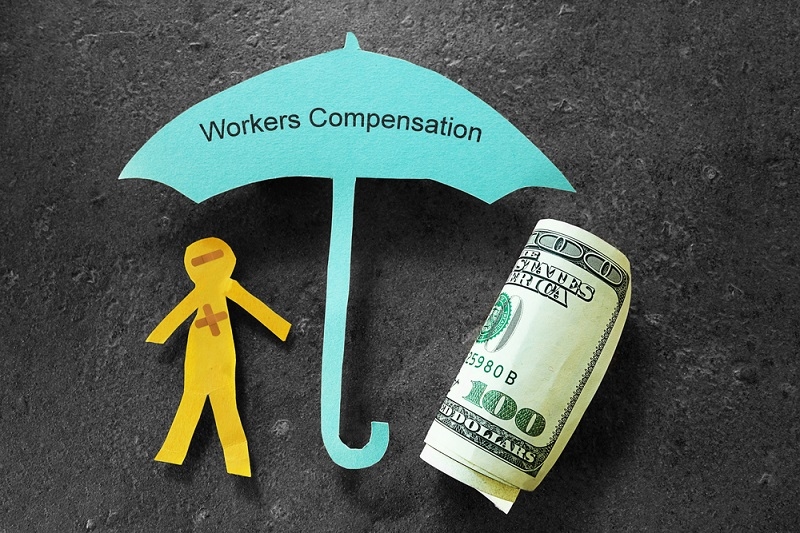
Securing your employees' safety isn’t just a noble cause and a wise decision. Unfortunately, even in the safest workplaces, accidents can occur, which can have dire consequences for your employees and your business. Workers’ compensation insurance is there to help when these accidents occur.
This guide, Workers' Compensation Insurance Explained—Protect Your Employees, helps business owners navigate the process. You’ll learn how it protects your employees, keeps you compliant, and saves time, money, and heartache.
Whether you’re a small startup or a large corporation, this article will explain workers' compensation insurance, how it works, who it covers, and why every business should consider it necessary.
Workers' compensation insurance is a type of coverage that provides coverage for employees when they are hurt or become sick due to their work. Workers' compensation insurance will cover the medical part of the claim, lost wages, rehabilitation, and sometimes death benefits. Employees generally give up the right to sue their employer for the injury in return for workers' compensation insurance.
In essence, workers' compensation insurance is a type of work safety insurance that protects both employers and employees. For the employer, it is a shield against litigation and a step towards compliance with state and federal laws as a business.

Typically, this insurance policy provides a range of support mechanisms for the injured employee and their employer during an unfortunate event.
Not every injury or illness falls under this umbrella. Understanding where coverage stops can help avoid surprises later.
You likely need workers' compensation if you employ staff, whether full-time, part-time, or even interns. Laws differ by location, but most states and countries require businesses to carry it once they hire one or more employees.
Working with safety insurance is wise even for small businesses. Accidents don’t discriminate based on company size.
If you're self-employed or run a freelance operation, you may not be legally required to have it, but purchasing a policy can still protect you in the case of job-related injuries.
The claim process must be quick, transparent, and compliant when an injury occurs.
Proper training on handling incidents and processing claims quickly is vital to keeping your team and insurance premiums in check.
Operating without proper coverage is risky. Not only could you be financially liable for medical and legal costs, but you may also face fines, sanctions, or even closure depending on the severity of noncompliance.
In short, skipping business compliance requirements like workers' compensation is a gamble no business should take.
Costs vary widely depending on:
High-risk professions like construction or trucking will see higher premiums than office-based businesses. Insurers often calculate premiums as a percentage of your total payroll.
Although it may seem like an added expense, it's far cheaper than covering a serious injury out of pocket or paying for legal defense.
You can’t avoid the need for coverage, but you can reduce the cost with innovative practices:
Insurers reward businesses committed to work safety, insurance, and employee well-being.
In today’s hybrid and remote work environment, coverage for off-site employees is a gray area for many. The good news is that most policies still protect employees working from home, as long as the injury is work-related.
Define expectations clearly in work-from-home policies to ensure employees understand their responsibilities and coverage boundaries.
While this guide avoids real-time data, it's essential to know that workers’ comp regulations vary by jurisdiction. Some states or countries may:
Please consult a local insurance provider or attorney to ensure it complies. Staying updated on legislation is a key part of business compliance.
When shopping for a policy, consider the following:
Get multiple quotes and compare premiums, claim approval rates, and customer service reviews.
Workers' compensation insurance isn't just a legal obligation. It's indicative of an honorable employer that values the safety of their team, the sustainability of their business, and the wage security of workers. Whether just starting a business or examining your existing policies, now is the time to protect your workforce.
Securing employee injury coverage and fulfilling your business's compliance obligations does more than protect your business. It builds a culture of care, safety, and trust.
If you don't have a workers' compensation policy, don't wait for an incident to show you why you need one. Protect your workers, protect your business, and plan smarter today.
This content was created by AI